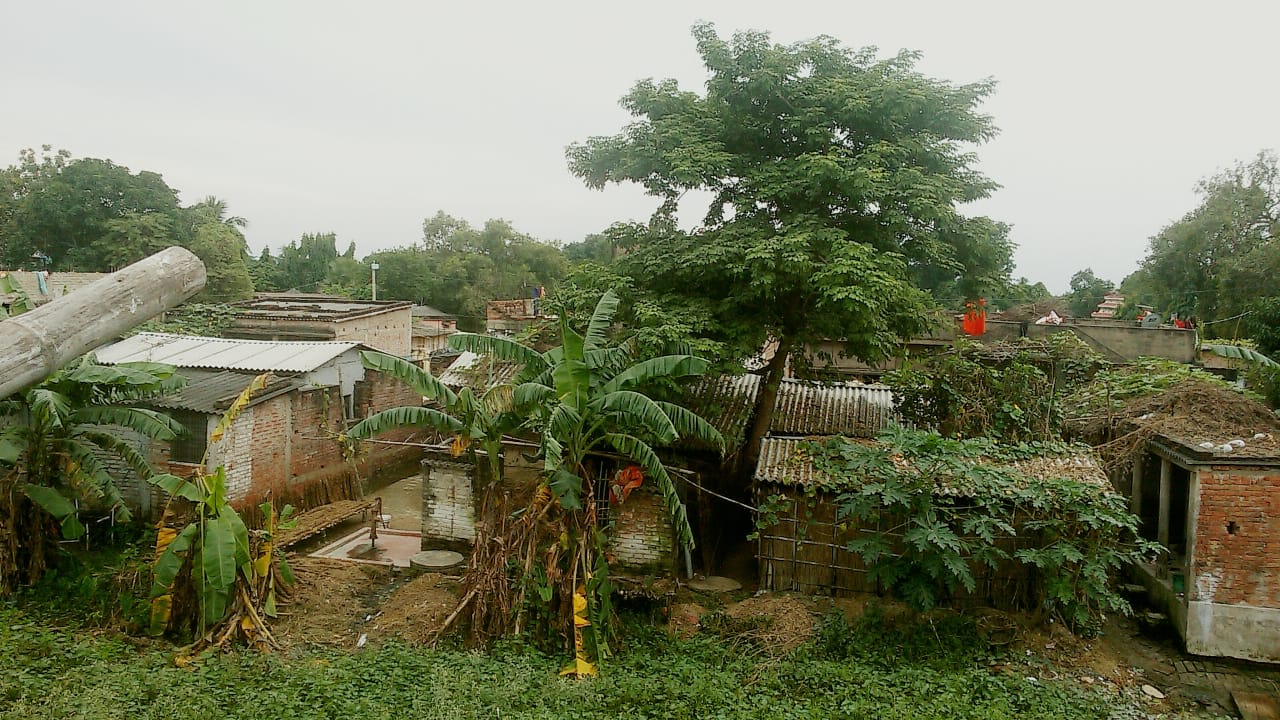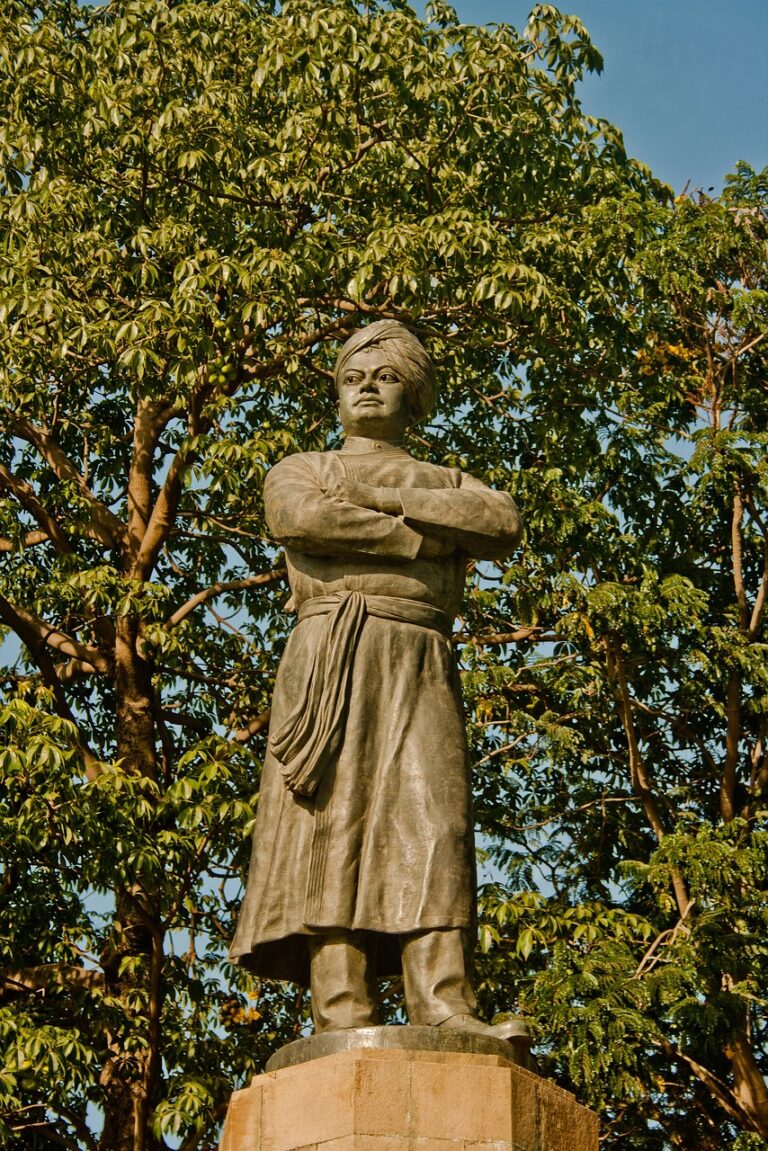
Sijoul
Sijoul: Encircled by neighbouring villages – Mauahi to the west, Mailam to the north, Kako to the south, and Tilai to the east, Sijoul is a quaint village situated in the Andhratharhi Block of Madhubani district, Bihar, approximately 27 kilometres east of the district headquarters, Madhubani.
The village has witnessed notable economic and infrastructural growth over the years. Traditional thatched-roof houses have been replaced by pucca (permanent) structures, symbolizing the villagers’ improved economic status. This transformation is partly attributed to government welfare schemes and the residents’ increasing prosperity. The village has also made strides in sanitation, with modern toilets replacing open defecation practices, aligning with national cleanliness initiatives.
Renowned for its cultural diversity, where multiple castes coexist harmoniously, Sijoul’s social fabric exemplifies unity and mutual respect, reflecting the broader ethos of rural Bihar. The village operates under the administrative jurisdiction of the Andhratharhi police station, ensuring law and order in the region. The nearest railway station is Rajnagar, located about 12 kilometres away, facilitating connectivity to various parts of the state.
Education has been a pivotal focus in Sijoul’s development. The younger generation in this village is increasingly pursuing higher education, leading to migration to urban centers for better opportunities. However, this trend has not hindered local economic activities; instead, it has paved the way for emerging businesses within the village. Entrepreneurial ventures are contributing to the local economy, providing employment opportunities, and fostering community development.
Today, the village has produced several physicians, chartered accountants, and engineers, academicians, realtors who have made their mark in India and abroad, strengthening Sijoul’s reputation for academic excellence and professional success. These individuals reflect the progressive mindset of Sijoul, demonstrating how education and hard work can lead to remarkable achievements while inspiring future generations.
The village’s primary school has been elevated to a higher secondary school (Plus Two). This upgrade has provided local students with access to advanced education within their community, reducing the need to migrate elsewhere for schooling. This could be achieved largely due to the dedicated efforts of octogenarian Nityanand Jha and his elder brother.

Jha’s dream of educational empowerment in the place with limited opportunities, materialized through his son, Dr. Sandip Jha, who founded Sandip Foundation and later Sandip University, which is a significant milestone in Sijoul’s educational landscape.
Nityanand’s contributions to Sijoul transformed the village into an educational hub. It now boasts Bihar’s first private university, Sandip University. The institution’s establishment signifies the profound impact of one man’s vision and dedication.
Despite challenges such as inadequate infrastructure and migration, the village continues to progress, balancing tradition with modernization.
The village’s cultural heritage is also rich, with traditional festivals, folk music, and arts playing an integral role in community life. These cultural practices not only preserve the village’s historical identity but also strengthen social bonds among residents. Community events and gatherings are common, reflecting the collective spirit and unity of Sijoul’s inhabitants.
Sijoul exemplifies the harmonious blend of tradition and modernity. Its journey from a modest village with thatched roofs to a community with robust educational institutions and improved infrastructure showcases the resilience and progressive mindset of its residents. As Sijoul continues to evolve, it stands as a testament to rural development driven by education, cultural preservation, and community solidarity.
*English literature and social entrepreneur.





